Brand Management
KYF’s environmental policy of ‘Energy Conservation, Environmental Protection, and Cherishing our Planet’ is reflected in its circular economy practices, environmental management, greenhouse gas management, and energy conservation efforts.
Brand Management
KYF’s environmental policy of ‘Energy Conservation, Environmental Protection, and Cherishing our Planet’ is reflected in its circular economy practices, environmental management, greenhouse gas management, and energy conservation efforts.
Recycled Plastics
The global reduction of plastics has become an international consensus. Plastics are primarily derived from petrochemical sources, and their production and disposal contribute significantly to climate change. Although many countries have legislated restrictions on single–use plastics, less than 10% of plastics worldwide are recycled and reused. Changes in lifestyle have driven a surge in demand for takeout and delivery, fueling increased consumption of plastic containers and growing plastic waste. However, the United Nations Environment Assembly (UNEA 5.2) had originally planned to establish a legally binding “Global Plastics Treaty” by the end of 2024. Due to differing views among countries regarding plastic reduction regulations, negotiations have stalled, resulting in a deadlock that underscores the need for greater international consensus and action on plastic reduction.
Regardless of the progress in international regulations, low–carbon footprint sustainable packaging has become a prevailing trend, and KYF has already taken concrete actions in the following areas:
Reduce packaging
Eliminate unnecessary packaging to minimize waste. For example, redesign products to reduce material thickness and usage while maintaining equivalent packaging performance.
-113.jpg)

We established our brand “aGain” in 2020
Use of post–consumer recycled (PCR) materials
Among various types, PET has the highest recycling volume, supported by a well–developed recycling system. Technologically, producing products with 100% rPET content is already feasible. At present, rPET is the most widely used recycled material in food packaging.
Expanding Sources of Recycled Input Materials
KYF is actively expanding closed–loop recycling systems and collaborating
with retailers as well as plastic washing and recycling companies to secure and increase the use of recycled plastics.
01 /
Use of Biodegradable Materials
KYF is actively promoting PLA (polylactic acid) bioplastics derived from corn starch. These materials require specific industrial compostingconditions to biodegrade effectively. The Taiwan Environmental Protection Administration restricts the use of PLA disposable tableware in designated areas. Moreover, PLA’s visual similarity to PET poses contamination risks in recycling streams, which adversely affects recycling quality and sales of PLA products.
To mitigate these challenges, KYF is developing material identification technologies, such as printing unique identification patterns on products, aiming to improve sorting accuracy and support circularity in the future.
02 /
Implementing Circular Design
KYF has adopted Cradle to Cradle design principles to facilitate continuous resource circulation, reduce raw material extraction and waste generation, and minimize environmental impact.
In 2020, KYF launched its own brand, “aGain,” which was officially registered and trademarked. This brand serves as a communication platform for KYF’s circular economy initiatives and its rPET product line.
Leveraging accumulated technical expertise and experience, KYF is committed to becoming a leader in rPET thermoformed food packaging.
-42.jpeg)
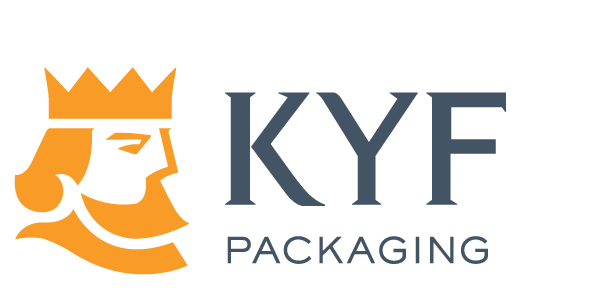

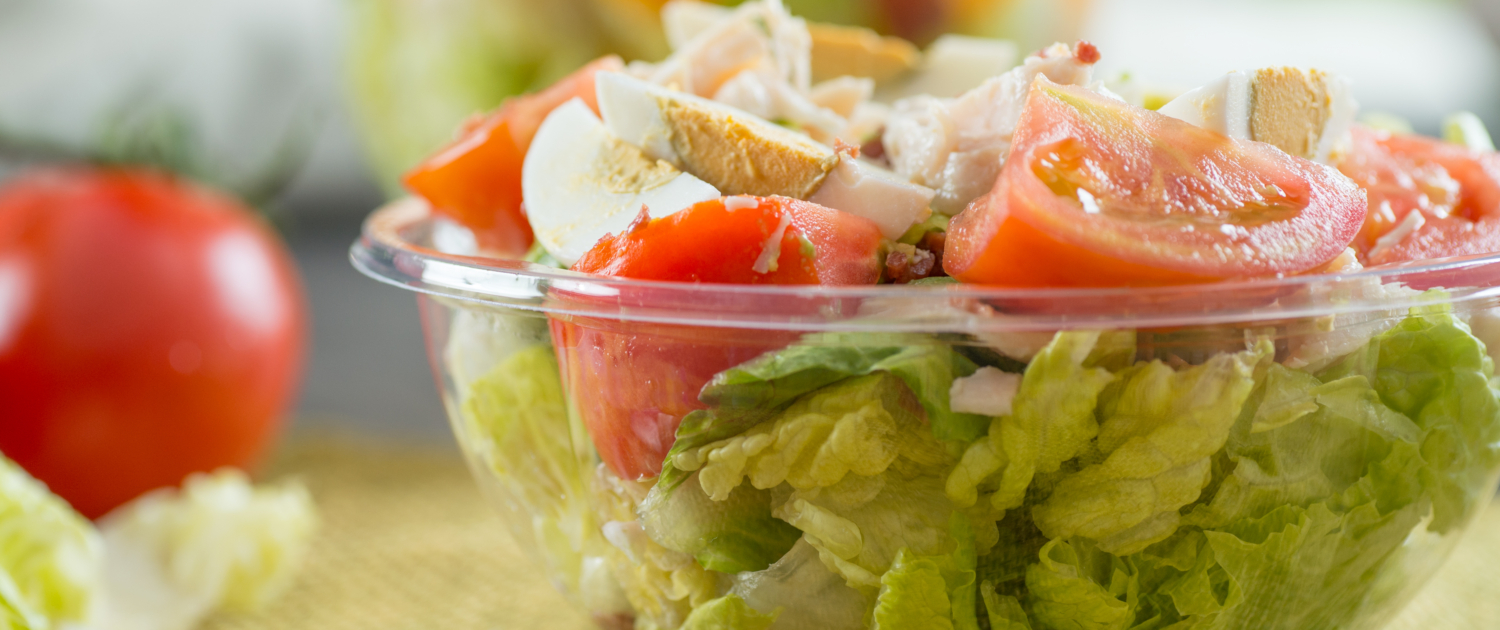
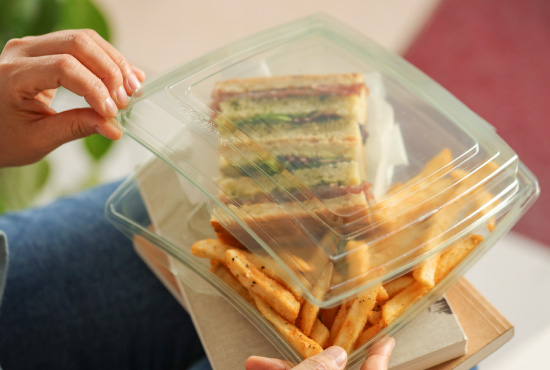
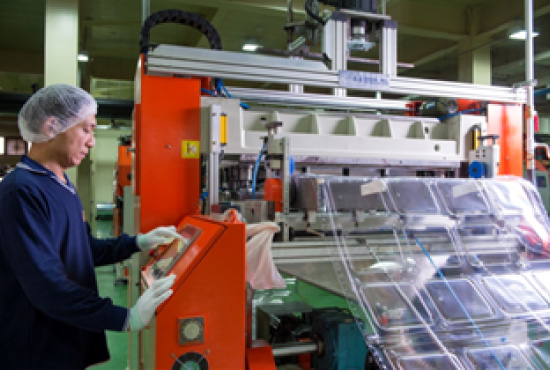
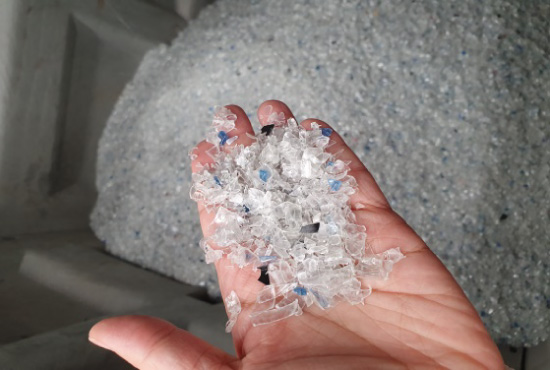

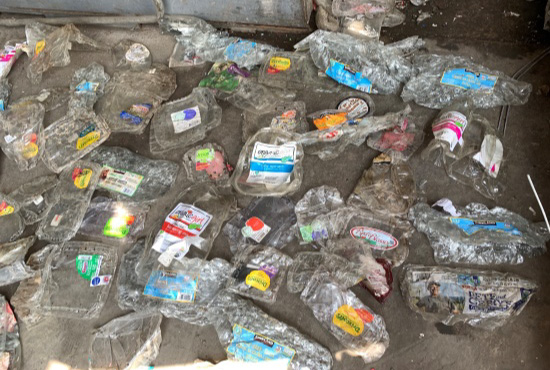
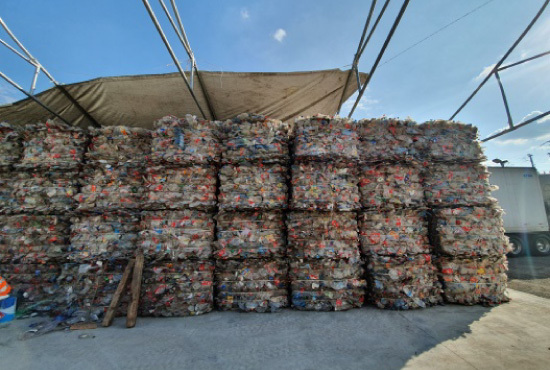
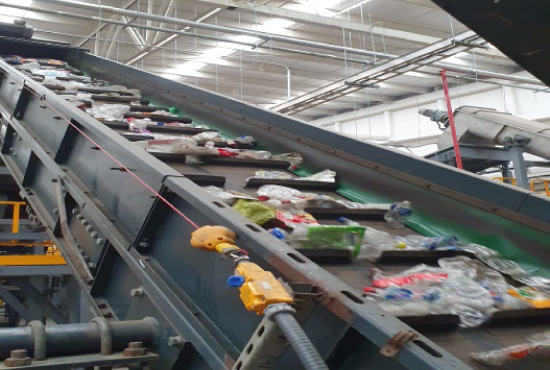
-3-705x470.jpeg)
-30-705x470.jpeg)
-36-705x470.jpeg)
